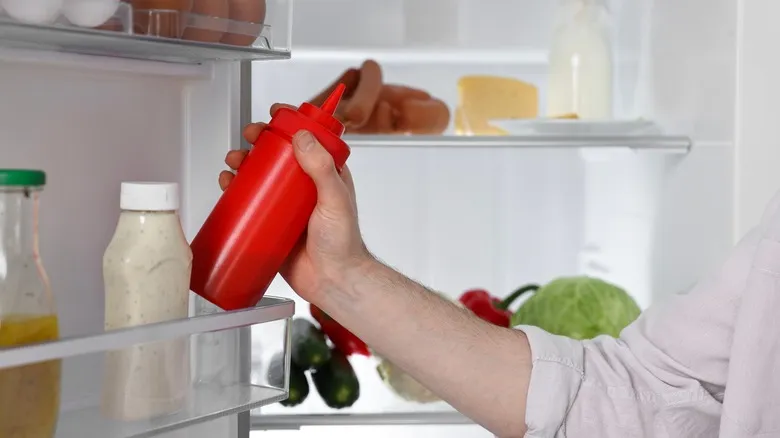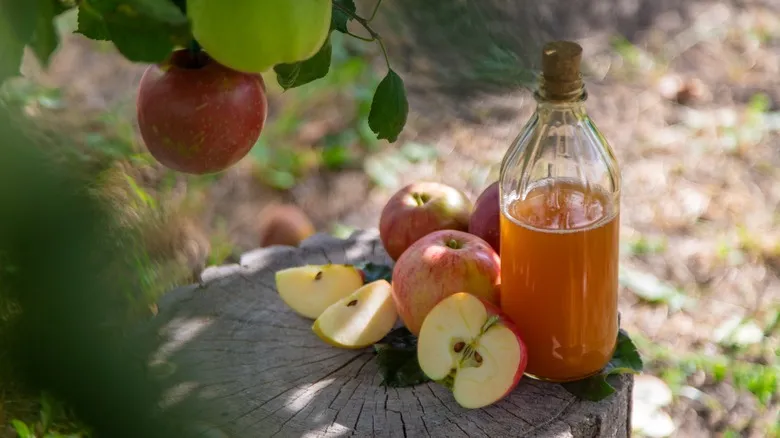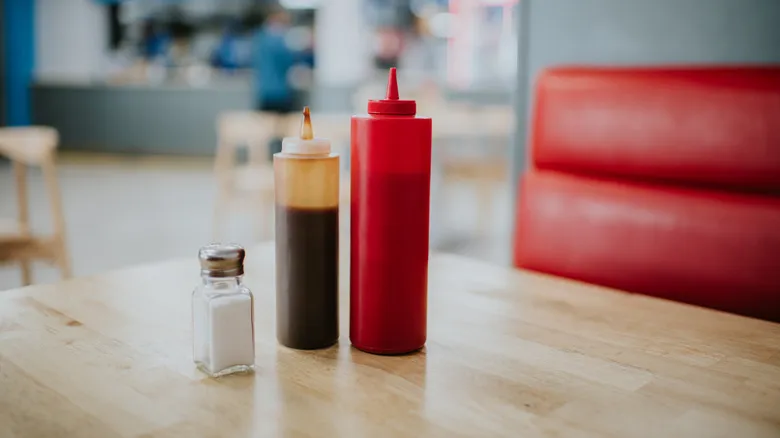Which ketchup storage method is the best?

If you plan to keep your bottle of ketchup for future picnics and barbecues, it's best to store it in a cool, dark place. However, if you're a devoted ketchup lover, you might find it acceptable to keep it on the table instead. The decision is yours. The state of the bottle's seal could influence your choice. Unopened ketchup is best stored in the pantry, where it can remain good for up to a year. For opened bottles, most popular brands, like Heinz, suggest refrigerating them to maintain the vibrant flavor and familiar texture of the condiment. While storing it at room temperature is safe, it’s generally not the optimal method.
If you notice any mold or unpleasant odors coming from the ketchup, it’s time to toss it out. Over time, old ketchup can ferment, leading to noticeable and undesirable changes in smell. If you have more questions about this beloved condiment, here’s everything you’ve ever wanted to know about ketchup but were hesitant to ask.
Recommended

Pick Out Better Apples By Using The Brown Stem Rule

The Right Way To Store Leftover Cornbread To Make It Last Longer

Why Health Officials Warn Against Drinking Unpasteurized Apple Cider

How Long You Can Safely Leave Eggs Out At Room Temperature
Next up

